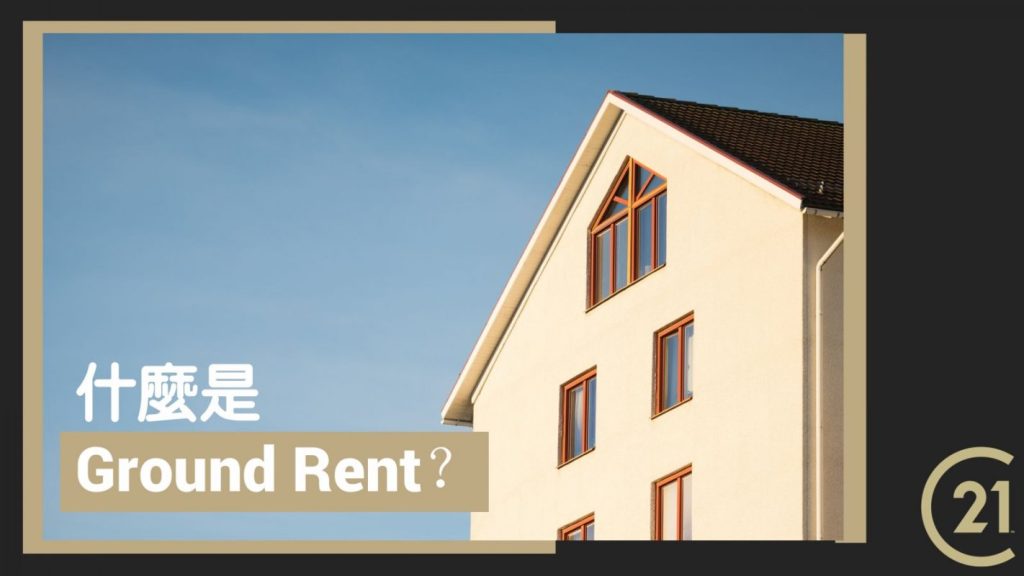In the United Kingdom, ground rent is part and parcel of leasehold properties. It is a required payment that leaseholders must make to the freeholder or landlord of a property.
When person obtain the leasehold of a property, it means they have the right to live in the property for a certain length of time as defined in the contract, but the land the property sits on is still the ownership of the person who owns the freehold. The person who holds the leasehold has to give some form of payment, also known as ground rent.
The lease agreement will discuss the sum of money demanded for the ground rent and the timing of this payment. Ground rent could be a flat sum or it may escalate over the length of the lease, depending upon the lease agreement.
Frequently, ground rent can be a nominal sum, potentially called a “peppercorn” in traditional leases. However, some modern leases include terms that increase the ground rent significantly during the lease’s life. This may cause immense difficulty for leaseholders, especially if they want to remortgage or sell the property. In response, the UK government has introduced leasehold law reforms that attempt to create a fairer system for leaseholders.

According to regulations, residents who lease their apartments have the legal right to utilise that privilege to establish a fund and buy part of the ownership of their house, causing the holder of the freehold some distress. These actions are commonly referred to as collective enfranchisement.
You can enhance your flat’s valuation and manage the maintenance costs, reducing service charge by hundreds of pounds annually, by being a joint freeholder. Furthermore, you can add 999 years to your lease at no cost and abolish the ground rent.
As a rule of thumb, the fewer remaining years are on your lease, the more expensive buying your freehold will be. In addition, there are other options besides collective enfranchisement that might be more affordable. A freehold purchase calculator can help you assess if purchasing your freehold is cost effective.
If you choose collective enfranchisement as a means of making your freehold purchase, you can come to a private arrangement with the landlord or follow the legal procedure. If you adopt the formal route to negotiations, then the first step is to serve a notice on your landlord/freeholder. Your notice is an official document that includes details of your offer. You then have to wait for your landlord to respond.
It should come as no surprise if your landlord isn’t delighted with your offer. If they are not, you will have a specific amount of time to react to their counteroffer. If you are unable to come to an agreement, you can take your case to a Leasehold Valuation Tribunal, but be aware that costs can run into thousands and you may have to pay some or all of your landlord’s fees.
Before you make an offer, we advise you to have your freehold valued by an RICS Chartered Surveyor. By doing this you will get a valuation that can be used as evidence if you need to appeal. First of all though, you can estimate the costs of buying your freehold using a freehold purchase calculator. As ever, if you need any advice from a qualified expert valuer, contact the team.
Have you ever wondered what your freehold is worth? Use a freehold calculator. Whether you’re an individual freeholder, leaseholder or part of a collective, knowing the value of your freehold could mean the difference between a smart investment and an expensive mistake.
Acquiring the freehold on a home or a block of flats might seem like an intimidating undertaking. But picture the potential rise in value of your property after the freehold acquisition. By employing a freehold purchase calculator, you may be able to ascertain exactly how much the price could improve.
A calculator uses professional valuation principles that are used by surveyors and valuers like us who specialise in lease extensions and freehold purchases. It’s a handy way to get an estimate of the value of your flat or rental investment. It will also give you an approximate valuation of the freehold or its equivalent value as a reduction to your lease. It’s particularly useful for valuing new leases of flats and can also be used to value lease extension on a flat (with an existing lease).
The calculator provided is an estimate only and is a guide only on the basis that the leases for the whole building remain the same. Where the leases are a mixture of term lengths or have differing ground rents please contact us for a more accurate valuation.
The price you pay for the freehold depends on many factors. In addition to the size and location of your block or building, it must consider how many freeholders there are, the number of flats in the building, the average number of years unexpired on the lease and the potential for added value after you buy the freehold. The costs to consider include:
Marriage Value: by law, the freeholder is entitled to 50% of the increase in value of your leasehold. When you buy the freehold and extend your lease, the value of your flat will almost certainly go up.
Compensation: if the landlord’s interest is adversely affected by collective enfranchisements (i.e. if any of the landlord’s remaining freeholds lose value), you may have to pay compensation.





